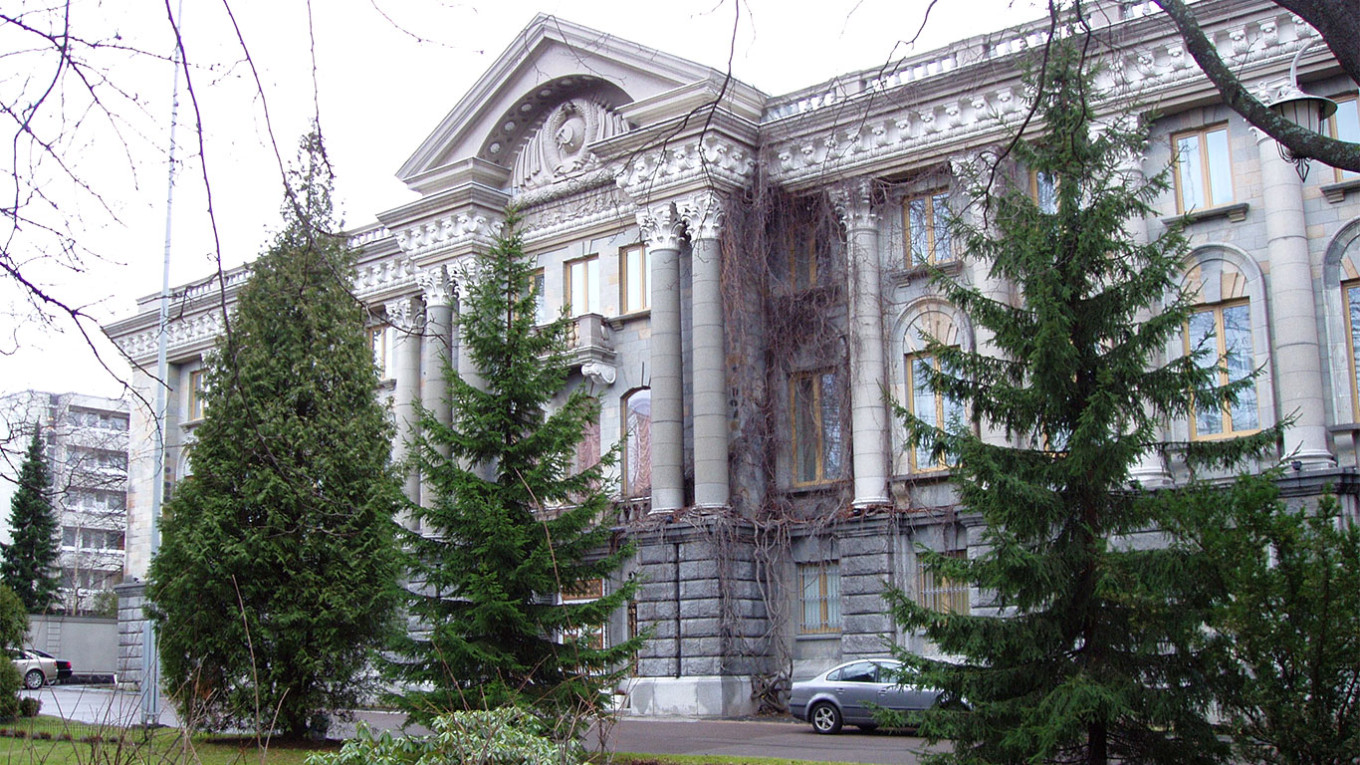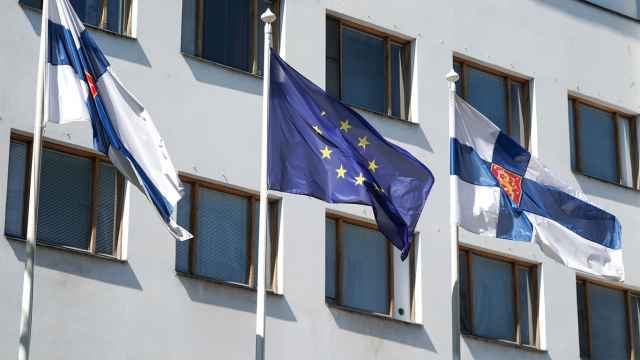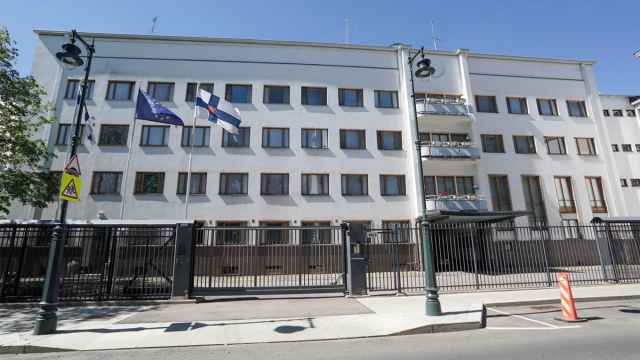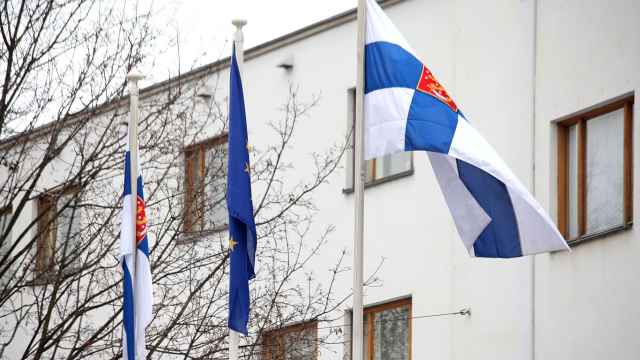NATO's newest member Finland on Tuesday said it would expel nine diplomats working at the Russian embassy in Helsinki for acting in an "intelligence capacity."
"Finland will expel nine people working in the Russian embassy who have been acting in an intelligence capacity," the government said in a statement.
It added that the "activities are in violation of the Vienna Convention on Diplomatic Relations," and the announcement followed a meeting between President Sauli Niinisto and the country's Ministerial Committee on Foreign and Security Policy.
"The decisions are based on the assessment of Finnish Security Intelligence Service (SUPO)," Marja Liivala, Director General at the Foreign Ministry, told AFP.
SUPO said on Twitter that "this is a major setback for Russian intelligence in Finland."
The relationship between the neighboring countries has deteriorated following Russia's invasion of Ukraine, which prompted Finland to break with decades of military non-alignment and apply to NATO in May 2022, formally becoming a member in April.
Finland's Foreign Minister Pekka Haavisto said in May that Russia had frozen the bank accounts of its embassy in Moscow and consulate in St. Petersburg in late April.
The freeze coincided with the announcement by Finnish state-owned utility Fortum that control of its Russian subsidiary had been seized by Moscow, after President Vladimir Putin signed a presidential decree approving the takeover.
In February, Finland also began the construction of a pilot project for a 200-kilometer fence on the Russian border, as Helsinki fears Moscow could use migrant flows over the frontier to exert political pressure.
Symbolizing a significant policy change, the new 3-meter-tall metal fence will replace the existing light wooden fences on the border, primarily intended to prevent livestock from straying to the other side.
A Message from The Moscow Times:
Dear readers,
We are facing unprecedented challenges. Russia's Prosecutor General's Office has designated The Moscow Times as an "undesirable" organization, criminalizing our work and putting our staff at risk of prosecution. This follows our earlier unjust labeling as a "foreign agent."
These actions are direct attempts to silence independent journalism in Russia. The authorities claim our work "discredits the decisions of the Russian leadership." We see things differently: we strive to provide accurate, unbiased reporting on Russia.
We, the journalists of The Moscow Times, refuse to be silenced. But to continue our work, we need your help.
Your support, no matter how small, makes a world of difference. If you can, please support us monthly starting from just $2. It's quick to set up, and every contribution makes a significant impact.
By supporting The Moscow Times, you're defending open, independent journalism in the face of repression. Thank you for standing with us.
Remind me later.






